NATO Summit
- In its summit in Vilnius, NATO leaders said that they “will be in a position to extend an invitation to Ukraine to join the Alliance when Allies agree and conditions are met.” The Allies have agreed that Ukraine will not be able to join the Alliance while the war is ongoing. The Allies also said that “Ukraine’s path to full Euro-Atlantic integration has moved beyond the need for the Membership Action Plan” and Ukraine “has become increasingly interoperable and politically integrated with the Alliance, and has made substantial progress on its path to reform.” Zelenskyy expressed disappointment at the lack of a NATO commitment to a path forward for Ukrainian membership, tweeting that “it’s unprecedented and absurd when [a] time frame is not set neither for the invitation nor for Ukraine’s membership.” (Politico and AP and Reuters and Euractiv)
- The UK’s defense minister, Ben Wallace, said that Kyiv must show caution over its reaction to NATO’s compromise over links with Ukraine. He particularly pointed to the fact that the United States faces a presidential election next year, and NATO-skeptic Donald Trump could return to office if lawmakers making significant donations face Ukrainian anger. (Politico)
- As the summit drew to a close, President Zelenskyy pulled back on his public anger towards the Alliance’s decision-making, saying, “Nobody is willing to have a world war, which is logical and understandable.” This contrasted with his tone earlier when he reacted to the NATO communiqué’s lack of a concrete timeline for membership. (Politico)
- U.S. President Biden promised full support to Ukraine even without membership in NATO. He also reaffirmed NATO’s unity, saying that “when Putin, and his craven lust for land and power, unleashed his brutal war on Ukraine, he was betting NATO would break apart… he thought our unity would shatter at the first testing. He thought democratic leaders would be weak. But he thought wrong.” (Reuters)
- Alongside the NATO summit, the G7 presented a plan for bilateral, long-term security commitments for Ukraine. The G7 statement read that “today we are launching negotiations with Ukraine to formalise…our enduring support to Ukraine as it defends its sovereignty and territorial integrity, rebuilds its economy, protects its citizens, and pursues integration into the Euro-Atlantic community.” (Politico and Reuters and Euractiv)
- In Vilnius, Lithuanians celebrated President Zelenskyy and cheered on Ukraine with Ukrainian and Lithuanian flags. An onlooker to Zelenskyy’s speech to Lithuanians in central Vilnius said, “We understand that they [the Ukrainians] are fighting for our freedom as well. Each of us remembers what it’s like to live under occupation, or knows the stories from their families…that’s why Zelenskyy’s speech had such a strong impact.” (Politico)
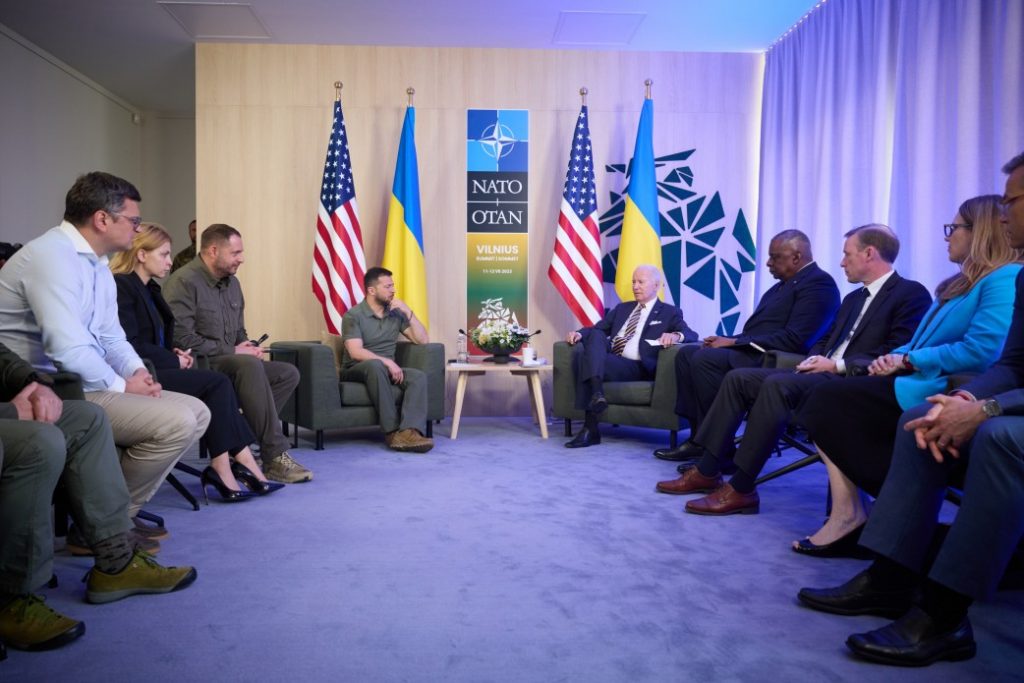
The Wagner Group
- The U.S. Pentagon said that the Wagner Group was not participating in military operations in Ukraine “in any significant capacity.” (NBC)
- After meeting with Prigozhin, Putin said that he gave fighters the opportunity to keep fighting in Ukraine as a single unit and played down the aborted mutiny at the end of June. Putin also said that “the PMC Wagner does not exist! We have no law on private military organisations! It simply does not exist.” (Politico and AP and Reuters)
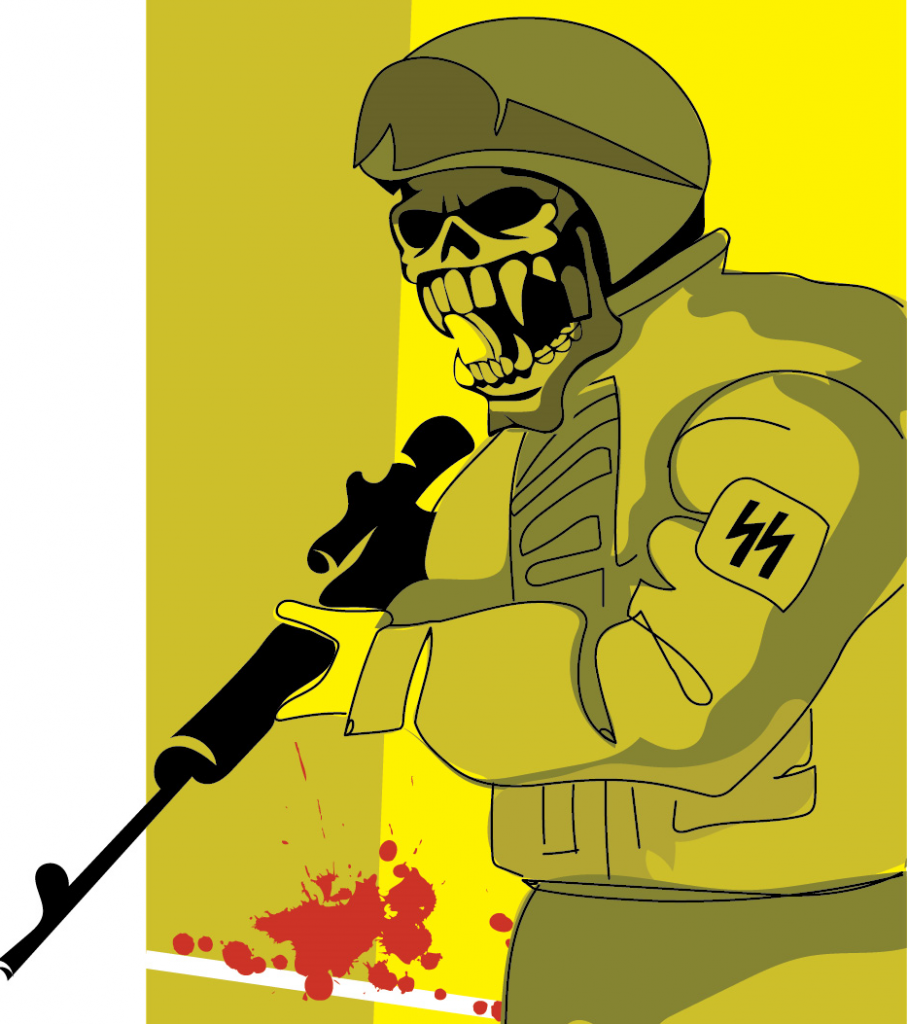
Cluster Munitions
- The United States made the controversial decision to send cluster munitions to Ukraine in what Kyiv sees as a decision that could be a “game changer” in the war. A number of countries and humanitarian groups have disapproved of the decision. (Politico and Euractiv)
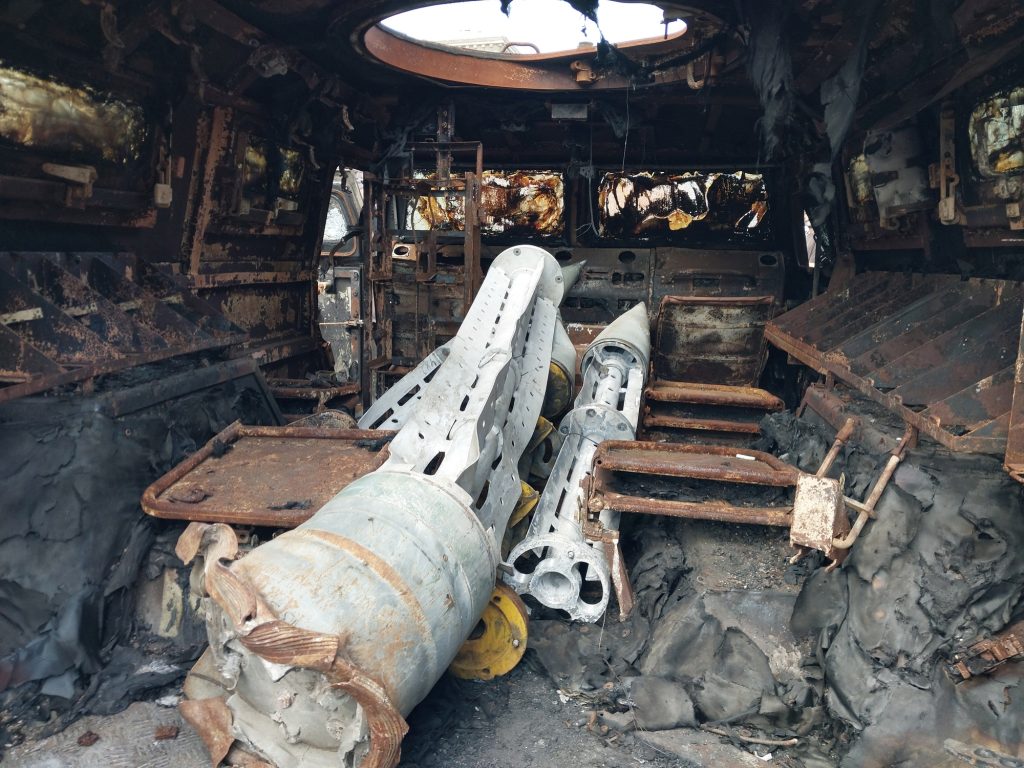
Gas Supply
- Ukraine’s Energy Minister German Galushchenko said that Kyiv is unlikely to renew a gas deal allowing the transfer of natural gas between Russia’s Gazprom and the EU, which uses pipelines through Ukraine. Galushchenko said that he believes that “by the winter of 2024, Europe will not need Russian gas at all. If now profits from Russian gas pay for Russia’s war of aggression against Ukraine and Gazprom’s private army, the only thing they should pay for in the future shall be reparations.” (Politico)
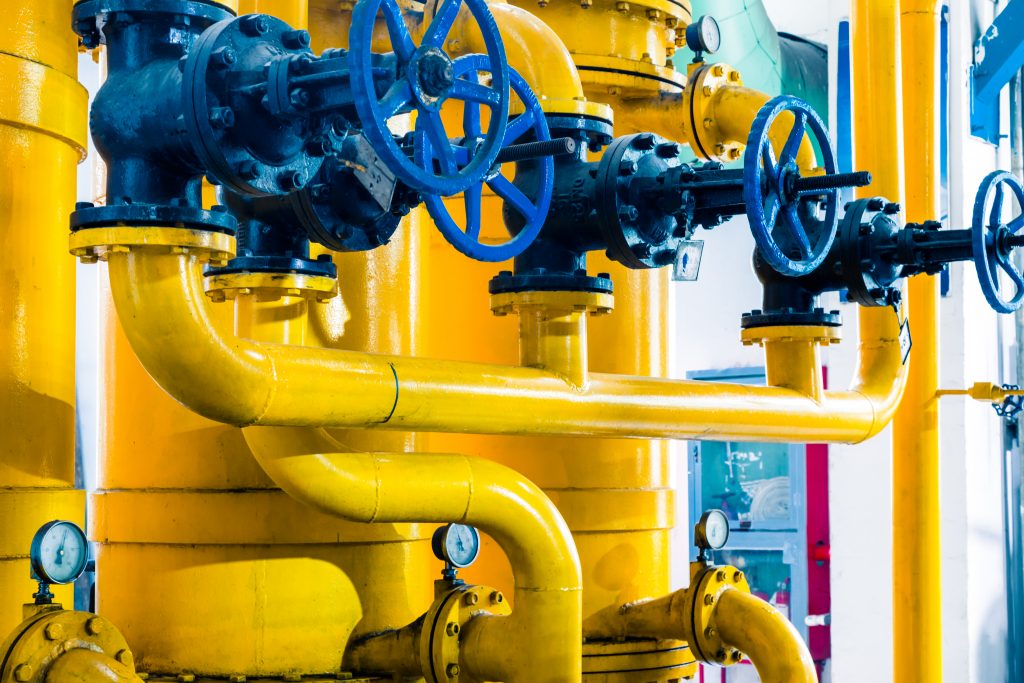
Ukrainian Refugees in Germany
- A survey published on July 12 showed that 44% of Ukrainian refugees would like to stay in Germany due to high participation in integration and language courses. (Euractiv)
EU’s Support to Ukraine
- European finance ministers voted on July 14 to continue the EU’s macro-financial assistance to Ukraine. The current President of the Ecofin Council, Nadia Calvino, said there was “unanimous support” from the Member States. (Agence Europe)
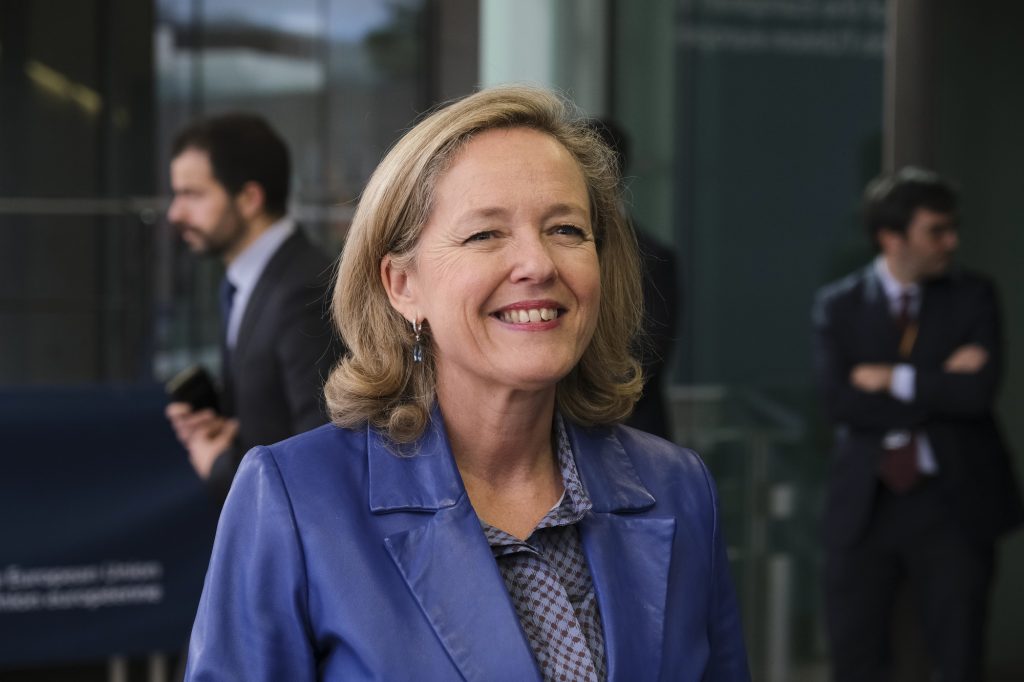
Author: Sophie Adams-Smith, Media Analyst, Promote Ukraine






 UA
UA FR
FR DE
DE




